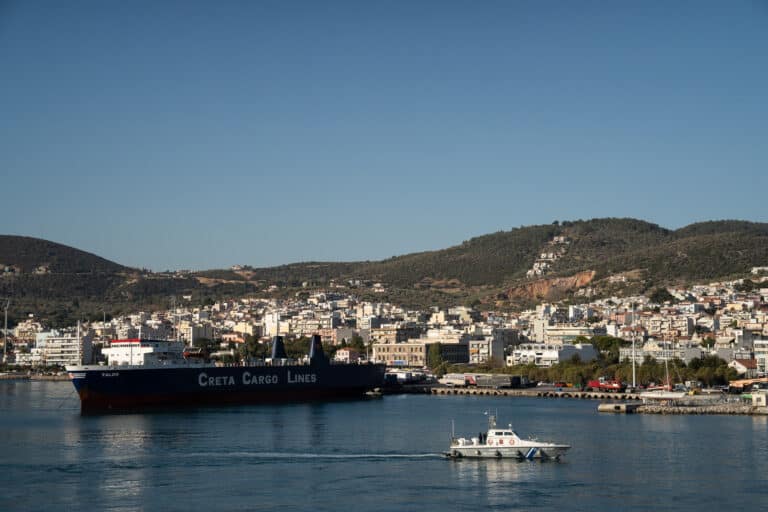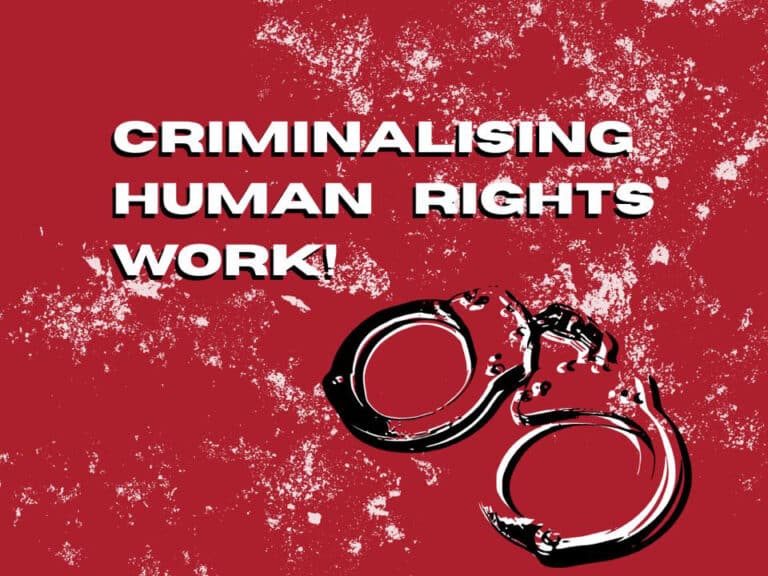CPTnet
8 May 2015
PALESTINE/ISRAEL: CPTer denied entry at Ben Gurion airport
by John Bergen
 |
| CPTer John Bergen and friend |
On Tuesday, May 5, Israeli Immigration stopped me Ben-Gurion
Airport, interrogated me, and deported me. I was returning to start my second
stint with CPT-Palestine in Hebron, now I am banned from entering Israel for ten
years. It is difficult to express the mixture of anger, grief, loss, and
uncertainty that comes with the denial of access to friends, teammates, and a
community of activists that I have grown to love in the few short months I
worked in Hebron.
It is a feeling that many others do understand. Any
international who has worked in Palestine with CPT or other international
solidarity organizations knows the fear of Israeli authorities turning him or
her away at the border.
When I walked up to the Customs desk, the officer said that
I needed to be screened because I was in Ghana in December. After sitting in
the Immigration waiting room for two hours, an Immigration official took me to
her office and began to ask the standard questions. “Who do you know in Israel?
Why are you coming back? What do you do for money?” She took my phone, searched
it, and found some phone numbers that belonged to a Palestinian phone company.
She began to demand how I knew so many people with Palestinian phones (I had
changed the names, but had not deleted the numbers).
Then she said that they had pictures of me at protests. She
said they knew I had been in Hebron. I had to back up, add some details to my
story. I maintained that I was just back to see friends, but the story started
to look less plausible.
After searching my bags and waiting a few more hours, she
invited me back in. The officer, and her demeanor, were straight out of a bad
cop movie: “Give me the names of people at the protests, and I’ll give you a
visa. I’m trying to help you.” I said no. She said I would be banned from
entering Israel and deported. At
5am, the next morning, I was.
I am now confident that the Israeli authorities did not have
pictures of me, that they tricked me in to changing my story so that they would
have an excuse to deny me.
My experience as a white U.S. citizen was very different
from others alongside me. Israel deported me alongside a young woman from
Russia, who became agitated because she no one could translate for her. Israeli
police slammed her against a chair, grabbed her neck, and handcuffed her to the
chair’s arm. While I waited in the Immigration
detention center, my cellmate was another young Russian man overcome by grief
at his deportation. I saw several young African men in the detention center,
and I was reminded of the
fate
of so
many African
migrants.
I waited in the interrogation waiting room with a number of
Palestinians and people from Arab countries. Every one of them brought humor,
joy, and honesty with them. One man who was with his daughter on the way to
attend a family wedding in Nazareth, said, “I’m here because I’m Palestinian,
and I’ll say that proudly.” An Iraqi-American man began talking to me about our
faith journeys, and gave me a thumbs up every time they took him away to
interrogate him. The authorities
eventually let them all through.
Palestinians inside the West Bank arrested by the Israeli
occupation forces face
torture and sexual assault. My friends in Hebron face daily violence backed up by genocide. Immigrants and refugees in the United States
who are arrested face violent arrest, abuse, and the denial of their basic
human rights. In so many ways, my identity and passport protected me from the
real violence of the security state.
I wish I could be with my friends in Hebron, see their
faces, share tea outside the Ibrahimi Mosque, hold hands with
Bassam as we walk to school. I have English-language magazines on knitting
that a teacher at the Sariyya Kindergarten asked me bring her.
I am enraged and saddened and lost. I am also encouraged by
my friends, by the reality of sumud. Many people translate the Arabic
word sumud as “steadfastness.” I prefer to think of the Abu Haikal family and their
4,000-year-old olive tree—twice as old as Christianity, planted many
civilizations ago and tended by the residents of Hebron through innumerable
wars and occupations. Much of their land has been confiscated by Israeli
settlers, their orchards destroyed by bulldozers. But they continue to live on
their land and to harvest the olives.
I do not know when I will be able to see them again, but I
know that their resistance will continue and that others will continue to tend
to the olive trees of sumud. And those of us around the world will
continue our resistance in many other ways as well.



